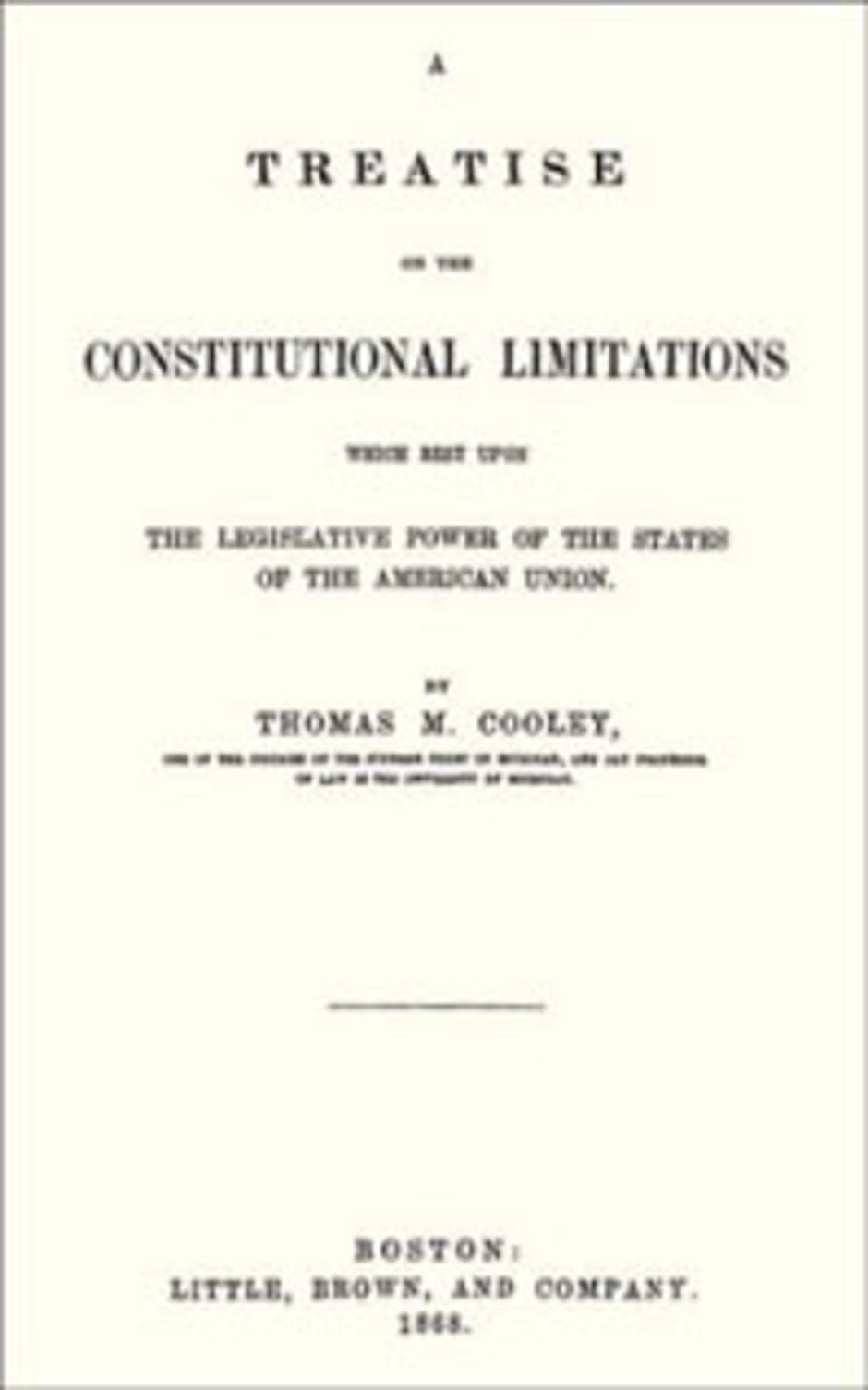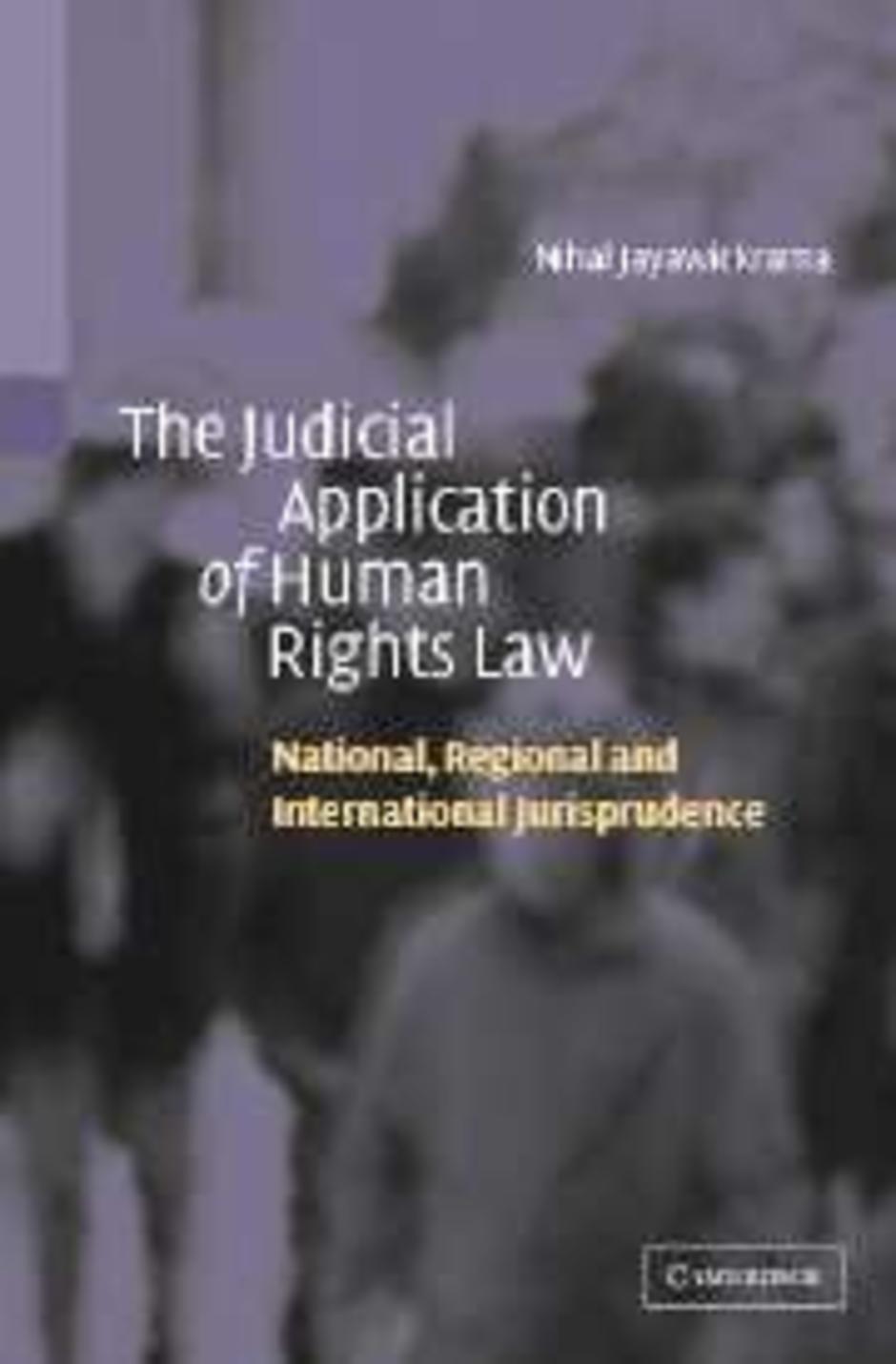"ทั้งนี้ ตามที่กฎหมายบัญญัติ" ไม่ตัดสภาพบังคับอัตโนมัติ ("Self-Executing") ไม่ผูกมัดต้องคอยกฎหมายลูก
รัฐธรรมนูญชาติต่างๆมักมีวลี “ทั้งนี้ ตามที่กฎหมายบัญญัติ” ซึ่งภาษาอังกฤษเรียก “provided by law,” “prescribed by law,” “in accordance with law,” “in conformity with law,” ภาษาฝรั่งเศสเรียก “prévu par la loi,” “dans les conditions déterminées par la loi” (Jayawickrama, 2002: 189-190), ภาษาเยอรมันเรียก “gesetzlich bestimmt (vorgeschrieben),” และภาษาญี่ปุ่นเรียก “horitsu no kitei ni mototsuki” (โฮริทซุ โนะ คิเท นิ โมโท-ทซุคิ).
จึงก่อให้เกิด “โจทย์” ทั่วไปในโลกว่า: “กรณีที่มีวลี ‘ทั้งนี้ ตามที่กฎหมายบัญญัติ’ ศาลจะต้องคอยกฎหมายลูกก่อน เสมอไป หรือทว่าจะปรับใช้มาตรานั้นแก่คดี ในทันทีไปได้เลย ?”
วันนี้ เราขอเสนอคำตอบจาก หลักนิติศาสตร์สากล ที่ศาลนานาชาติ วางหลักพื้นฐานไว้ว่า “ศาลมีอำนาจปรับใช้ไปได้เลย” (ยกเว้นในบางกรณี) เรียกว่าหลัก “Self-Executing” (แปลไทยว่า “สภาพบังคับอัตโนมัติ”) คือ บังคับใช้ในทันทีไปได้เลย โดยไม่ผูกมัดต้องคอยกฎหมายลูก.
คนไทยส่วนใหญ่ & ศาลไทย เผอิญค้นไม่พบหลักนิติศาสตร์สากลเช่นนี้ จึงพลาดเข้าใจไปว่า “ศาลต้องคอยกฎหมายลูกเสมอไป ก่อนจะปรับใช้มาตรานั้นได้.” ท่านจะพบข้อมูลเรื่องนี้ได้ ทั้งใน Google และ Lexis และในหนังสือสำคัญ ๓ เล่ม คือ:
-
Thomas M. Cooley, A Treatise on the Constitutional Limitations, 8th Edition, 1927. นี่คือหนังสือกฎหมายรัฐธรรมนูญที่ Classic และมีคดีที่ว่าด้วย “ทั้งนี้ ตามที่กฎหมายบัญญัติ” มากมาย และอธิบายไว้ละเอียด จึงอ้างอิงกันทั่วโลก (รวมทั้งในญี่ปุ่น) โดยพิมพ์ทั้งหมด 9 Editions (ครั้งแรก ๑๘๖๘ & ครั้งหลัง ๑๙๙๙).
-
Donald T. Kramer, “As Self-Executing or Not Self-Executing,” in American Jurisprudence, Volume 16: Constitutional Law, 2nd Edition, 2004, West Group, No. 98 – 108. นี่คือสารานุกรมนิติศาสตร์ปกเขียวอ่อน (ทั้งชุดมี ๘๓ เล่ม, ๔๔๓ หัวข้อเรียงตามอักษร) ที่รวมคำพิพากษาคดี “ทั้งนี้ ตามที่กฎหมายบัญญัติ” ไว้ครบถ้วน รวมทั้งประเด็นกฎหมาย, ความเห็นของศาลในการตัดสินคดี, และเจตนารมณ์รัฐสภาในการบัญญัติ & แก้ไขกฎหมาย.
-
Nihal Jayawickrama, The Judicial Application of Human Rights Law: National, Regional and International Jurisprudence, Cambridge University Press, 2002. นี่คือหนังสือใหม่ ในเรื่อง “ทั้งนี้ ตามที่กฎหมายบัญญัติ” ที่พิจารณาจากโจทย์ที่ว่า ศาลนานาชาติ ๘๐ แห่ง ตัดสินอย่างไร ในคดีสิทธิมนุษยชน (ทั้งในอเมริกาเหนือ, ยุโรป, อัฟริกา, เอเชีย, หมู่เกาะแคริเบียน & แปซิฟิค, องค์กรชำนัญพิเศษแห่ง UN, ศาลสิทธิมนุษยชนแห่งยุโรป European Court of Human Rights & ศาลสิทธิมนุษยชนแห่งทวีปอเมริกา Inter-American Court of Human Rights).
 |
 |

|

|
||||||||||||||||||||||||
|
“หนังสือ รัฐธรรมนูญ โดย Prof. Cooley” |
“Prof. Thomas M. Cooley” |
“สารานุกรม นิติศาสตร์ American Jurisprudence” |
“หนังสือโดย Prof. Jayawickrama” |
บทบัญญัติ “บังคับอัตโนมัติ” คืออะไร:
- ความหมาย: คำว่า “บังคับอัตโนมัติ” ภาษาอังกฤษเรียก “self-executing,” ภาษาเยอรมันเรียก “selbst exekutieren,” และภาษาญี่ปุ่นเรียก “jiryoku shikko teki” (ยิเรียคุ ชิคโค เทคิ). คำนี้มีความหมายว่า: บังคับใช้ในทันทีไปได้เลย โดยไม่ต้องมีการกระทำ, กฎหมาย, หรือกระบวนการทางกฎหมายอื่นใด เพิ่มเติมอีก. “Effective immediately without requiring additional action, legislation or legal steps.” (http://www.legal-explanations.com/definitions/self-executing.htm)
- บทบัญญัติบังคับอัตโนมัติ (Self-Executing Provisions): คือบทบัญญัติที่มีผลบังคับใช้ในทันทีไปได้เลย โดยไม่ผูกมัดต้องคอยกฎหมายลูก & และรัฐสภาไม่จำต้องกระทำการอื่นใดอีก เพื่อให้บทบัญญัตินั้นมีผลบังคับใช้. “A constitutional provision is self-executing if no legislation is necessary to give effect to it, and if there is nothing to be done by the legislature to put it in operation.” (AmJur, 2004: no. 99, p. 3)
- “ทั้งนี้ ตามที่กฎหมายบัญญัติ” ไม่ตัดสภาพบังคับอัตโนมัติ (Self-Executing): ข้อเท็จจริงที่ว่ารัฐสภา อาจ ออกกฎหมายลูก (Supplementary Legislation) เพื่อคุ้มครองหรือจัดระเบียบ ให้กับสิทธิที่ก่อตั้งโดยรัฐธรรมนูญ ย่อมไม่ทำลาย สภาพบังคับอัตโนมัติ ในบทบัญญัตินั้น ลงไปได้. “The fact that the legislature may enact supplementary legislation to further protect or regulate a right granted in a constitutional provision does not prevent the provision from being self-executing.” (AmJur, 2004: no. 101, p. 7)
-
สิทธิไม่เสียไป แม้ยังไม่มีกฎหมายลูก: สิทธิที่รัฐธรรมนูญก่อตั้ง ย่อมไม่เสียไป แม้จะยังไม่มีกฎหมายลูก. แม้รัฐสภาจะชักช้าออกกฎหมาย ก็ใช่ว่า จะริบสิทธิในรัฐธรรมนูญ ไปเสียได้. “The failure to promulgate rules cannot operate to deprive the constitutionally granted jurisdiction.” (AmJur, 2004: no. 98, pp. 2-3) “The failure of the legislature to act cannot take away a right constitutionally granted.” (AmJur, 2004: no. 99, p. 3)
|
หลักพื้นฐาน บทบัญญัติในรัฐธรรมนูญ (Constitutional Rights & Provisions) ไม่ผูกมัดต้องคอยกฎหมายลูก รัฐธรรมนูญในรัฐสมัยใหม่ โดยทั่วไปจะเขียนบนหลักการว่า บทมาตรา ทั้งปวง ในรัฐธรรมนูญ มีสภาพบังคับอัตโนมัติ ไม่ผูกมัดต้องคอยกฎหมายลูก. กรณีมีข้อสงสัยว่า มาตราใดในรัฐธรรมนูญ มีสภาพบังคับอัตโนมัติ (Mandatory) หรือทว่า เพียงชี้ทางไว้ให้ขึ้นกับกฎหมายลูก (Directory) ศาลมักตีความว่า มาตรานั้น มีสภาพบังคับอัตโนมัติ ยิ่งกว่าต้องคอยกฎหมายลูก เพราะศาลตระหนักดีว่า ถ้าไม่ถือว่าบังคับอัตโนมัติ รัฐสภาอาจมีอำนาจทำให้เจตนารมณ์แห่งรัฐธรรมนูญ เป็นหมัน & เป็นโมฆะได้. “Modern state constitutions have been generally drafted upon the principle that all provisions of a constitution are self-executing. As in the case of the question whether a constitutional provision is mandatory or directory, the courts may be influenced in interpreting such provisions as self-executing rather than as requiring legislation by the knowledge that if not treated as self-executing, the legislature would have the power to ignore and practically nullify the directions of the fundamental law.” (AmJur, 2004: no. 100, p. 6) |
ความเห็น (0)
ไม่มีความเห็น